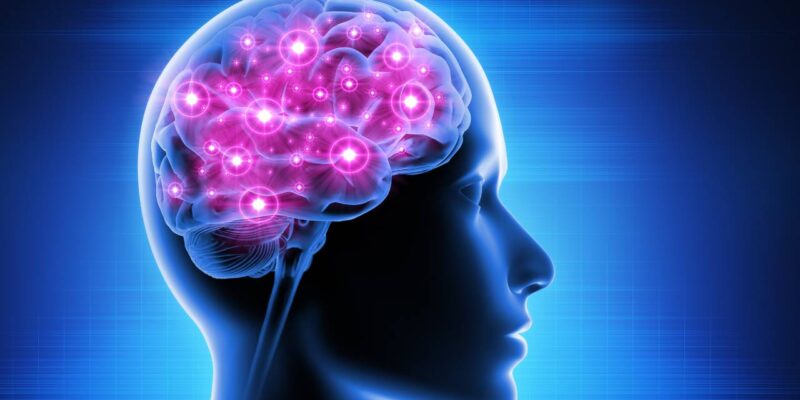In recent years, the field of mental health has witnessed a groundbreaking development in the form of ketamine treatment. Often associated with its recreational use as a party drug, ketamine has emerged as a promising therapy for various mental health disorders, revolutionizing the way we approach treatment. This dissociative anesthetic, initially used primarily in surgical settings, has now found its way into psychiatric practices as a potential game-changer.
Traditionally, mental health disorders such as depression, anxiety, and post-traumatic stress disorder (PTSD) have been treated with antidepressant medications and psychotherapy. While these approaches have helped many individuals, there remains a significant percentage of patients who do not respond adequately to existing treatments, leaving them burdened by their conditions. This treatment-resistant population has sparked the search for alternative therapies, leading to the exploration of ketamine’s therapeutic potential.
Ketamine works differently from conventional antidepressant medications. It targets the glutamate system in the brain, specifically the N-methyl-D-aspartate (NMDA) receptor, which plays a vital role in neural communication. By blocking the NMDA receptor, ketamine can increase the release of brain-derived neurotrophic factor (BDNF) and rapidly induce synaptic plasticity. These neurobiological changes are believed to contribute to the antidepressant effects observed in some individuals.
One of the most remarkable aspects of ketamine treatment is its rapid onset of action. Unlike traditional antidepressants that may take weeks or even months to show significant improvement, ketamine can often produce noticeable effects within hours. This makes it a particularly valuable option for individuals in acute crisis or those at immediate risk of self-harm or suicide.
Numerous studies have shown promising results for ketamine treatment in various mental health conditions. Research has demonstrated its effectiveness in relieving symptoms of treatment-resistant depression, reducing suicidal ideation, and alleviating anxiety and PTSD symptoms. Additionally, ketamine has shown potential in managing chronic pain conditions, such as fibromyalgia and neuropathic pain.
Despite the growing body of evidence supporting ketamine’s efficacy, there are still important considerations and challenges to address. Long-term effects, optimal dosing protocols, and potential abuse or addiction issues require further research and careful monitoring. Additionally, the accessibility and affordability of ketamine treatment remain barriers for many individuals who could benefit from this therapy.
In recent years, ketamine treatment has gained FDA approval for use in certain cases of treatment-resistant depression. It is typically administered intravenously in a controlled clinical setting, allowing healthcare professionals to closely monitor patients during and after treatment. More recently, alternative forms of administration, such as nasal sprays and oral medications, have emerged, providing potential options for wider accessibility.
As ketamine treatment continues to gain recognition and acceptance within the medical community, it holds the promise of transforming mental health care for countless individuals. However, it is essential to approach this therapy with caution, ensuring rigorous research, responsible administration, and appropriate integration into comprehensive treatment plans.
In conclusion, ketamine treatment represents a groundbreaking frontier in mental health care. Its unique mechanism of action, rapid onset of effects, and potential to help individuals resistant to conventional treatments make it a valuable tool in the therapeutic arsenal. Further research, ongoing evaluation, and responsible implementation will help harness the full potential of ketamine treatment, offering hope to those living with mental health disorders and paving the way for a brighter future in psychiatric care.








Comments